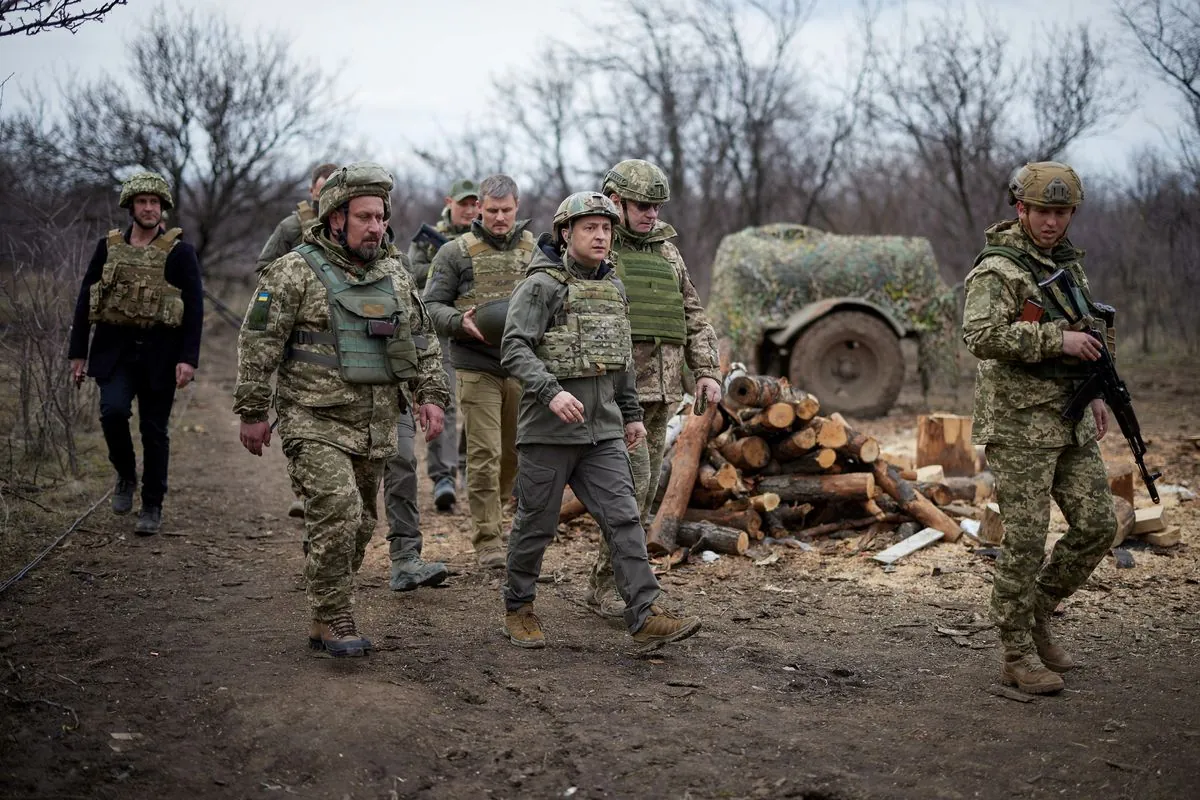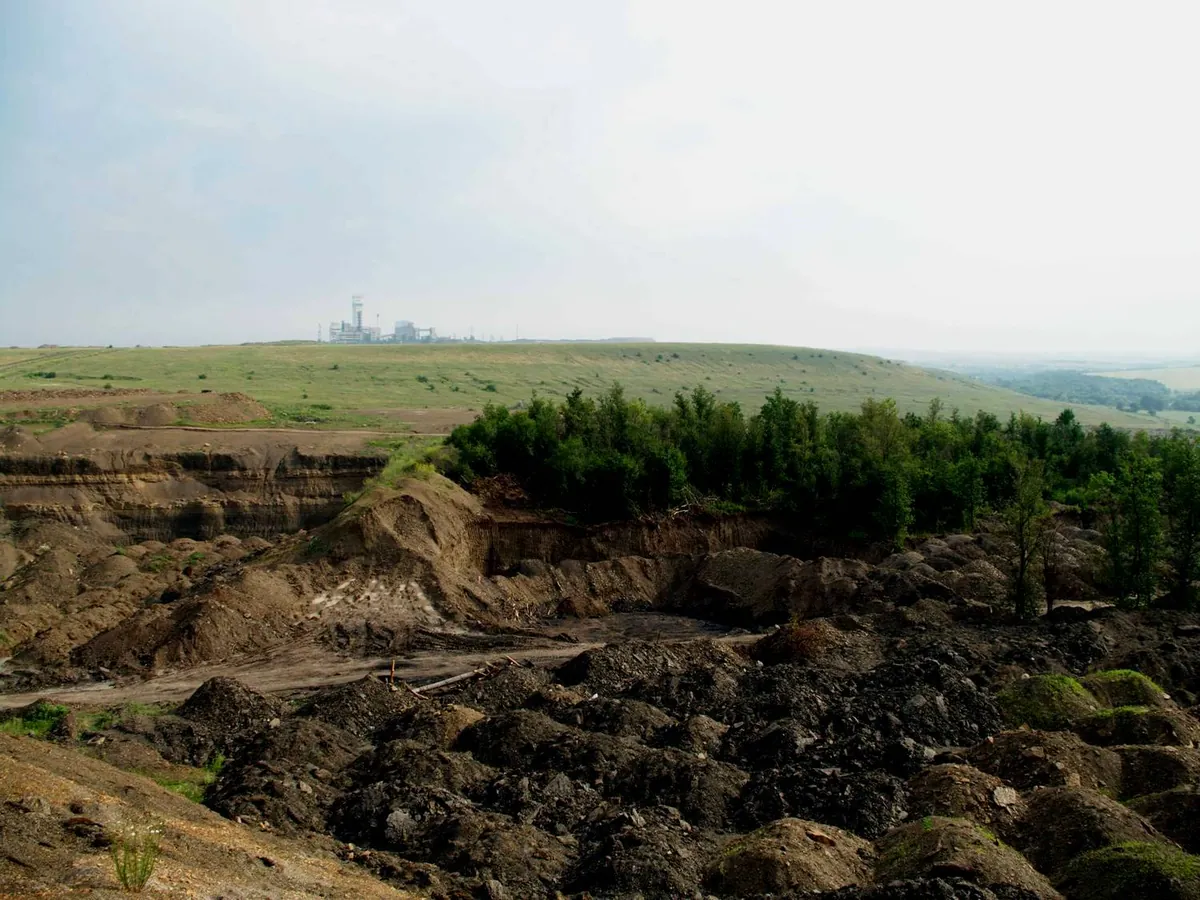Ukraine's Donbas: A Region United Against Territorial Concessions
As pressure mounts for Ukraine to negotiate with Russia, Donbas residents and soldiers firmly oppose land-for-peace deals. The region's sentiment reflects a broader Ukrainian resolve to defend all territories.

In the face of mounting pressure for Ukraine to engage in negotiations with Russia, potentially involving territorial concessions, a resolute stance against such compromises is emerging, particularly in the eastern Donbas region. This sentiment reflects a broader Ukrainian determination to defend all of its territories, including those currently under Russian occupation.
Volodymyr Zelensky, Ukraine's president, continues to advocate for a "victory plan" that excludes territorial concessions. This position aligns with the majority of Ukrainians, as evidenced by recent polling data. A survey conducted by the Kyiv International Institute of Sociology in May 2024 revealed that over half of the population rejects the idea of ceding land for peace, despite the ongoing conflict.
The Donbas region, comprising the oblasts of Donetsk and Luhansk, has been at the center of the conflict since 2014. This area, once a cornerstone of Soviet industrial might, has experienced a decade of strife, with its residents bearing the brunt of the war's impact.
"There would be a coup d'état, because this idea would be promoted by those who sit in peaceful cities. … No one here would support it — this land is now sprinkled with our blood."
Veronika's sentiment echoes the feelings of many in Donbas who have been fighting to defend their homeland for years. The region's history as a major coal basin and industrial center has shaped its identity, with cities like Donetsk once hosting international events such as the UEFA Euro 2012.
The full-scale Russian invasion in 2022 has significantly altered perceptions within Donbas. Yegor Firsov, a former lawmaker from Donetsk, notes that the invasion has clarified the situation for many residents: "With full-scale war, the masks were torn off, everything became definite, unambiguous and concrete."

The conflict has also changed how the rest of Ukraine views Donbas. Once seen by some as a potentially separable region, it is now widely regarded as an integral part of the country. This shift is reflected in the words of soldiers from other parts of Ukraine who have come to serve in Donbas.
Mykola and Artem, two soldiers from northern Ukraine, expressed their newfound appreciation for the region: "This is very much a part of Ukraine: same nature, same trees, same sun." This sentiment underscores the growing unity within Ukraine, despite the ongoing conflict.
The resilience of Donbas residents is exemplified by figures like Vitaliy Barabash, head of Avdiivka's military administration. Despite the capture of Avdiivka by Russian forces in the winter of 2023-2024, Barabash remains committed to the region's future: "Most people are hopeful that we will return to Avdiivka. They are ready to live in tents and rebuild this city."
As the conflict continues, the people of Donbas and Ukraine at large remain steadfast in their determination to preserve their territorial integrity. The region's struggle has become synonymous with Ukraine's broader fight for sovereignty, uniting the country in its resolve to resist external pressure for territorial concessions.


































